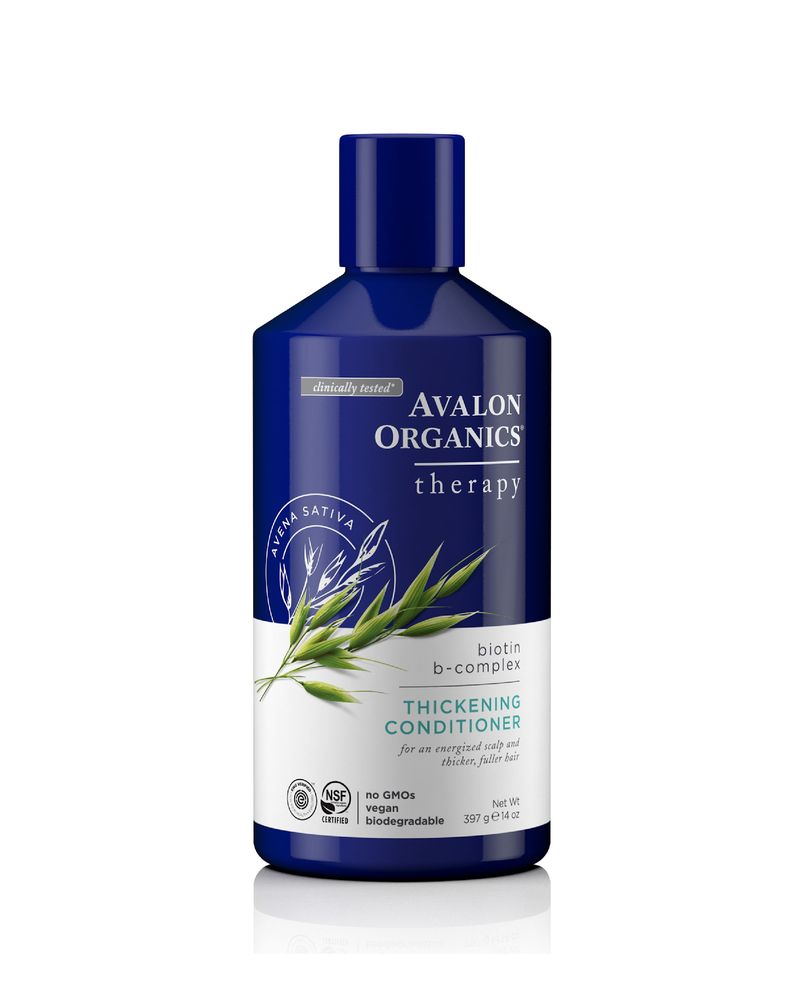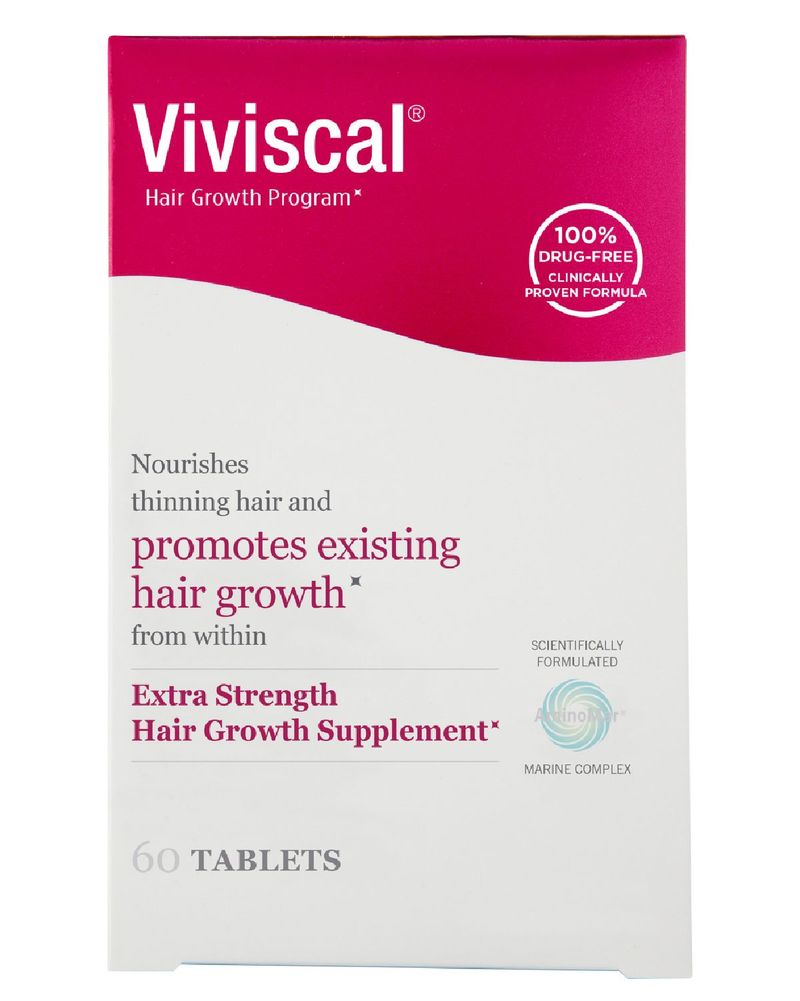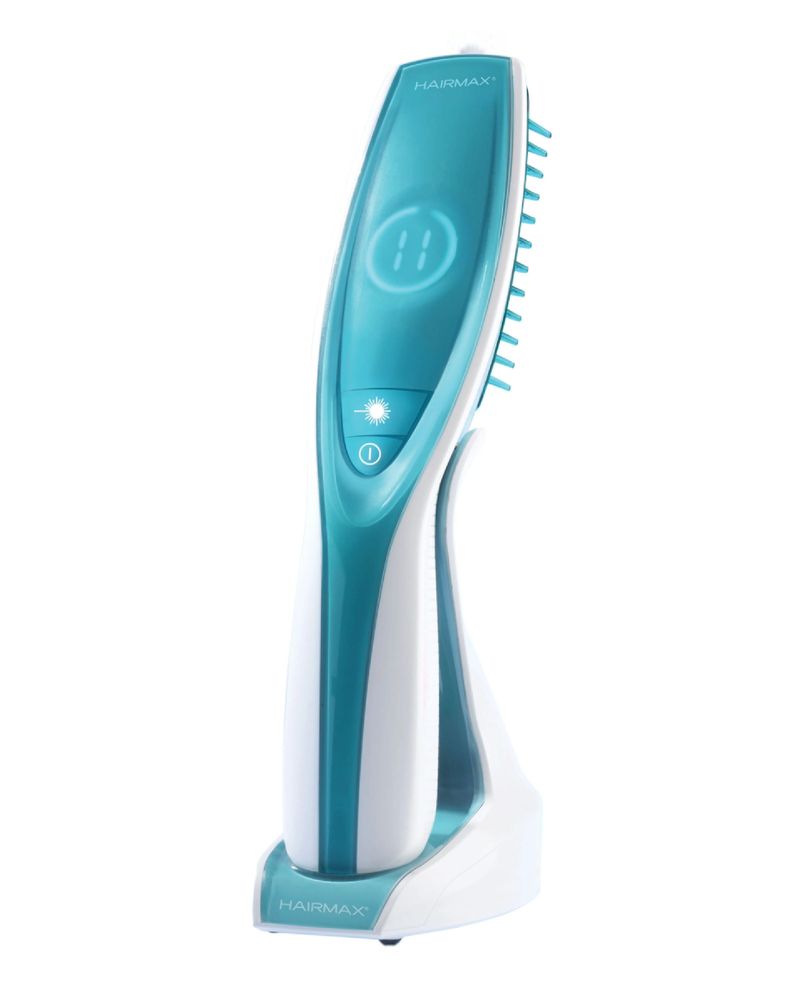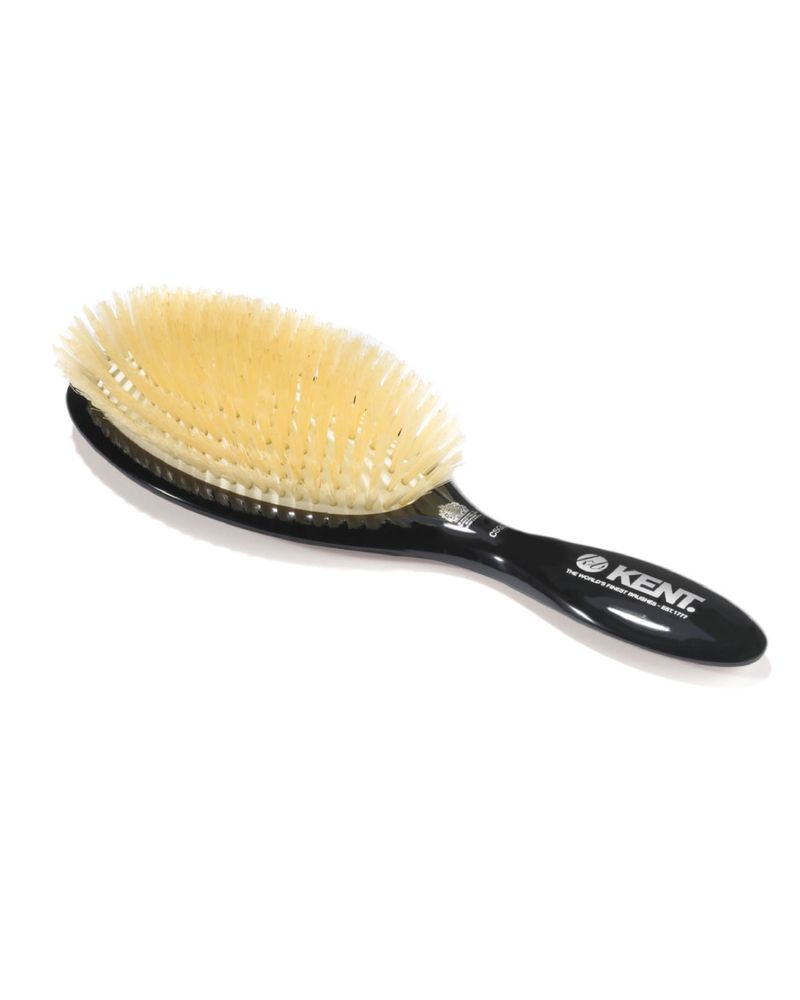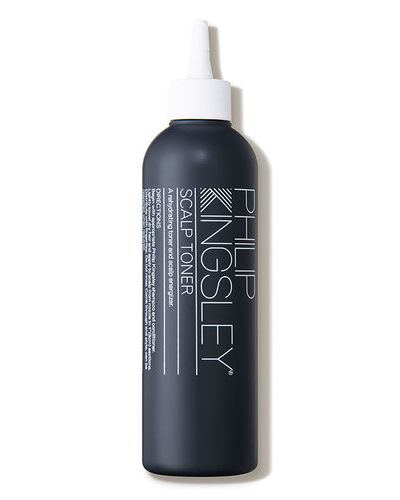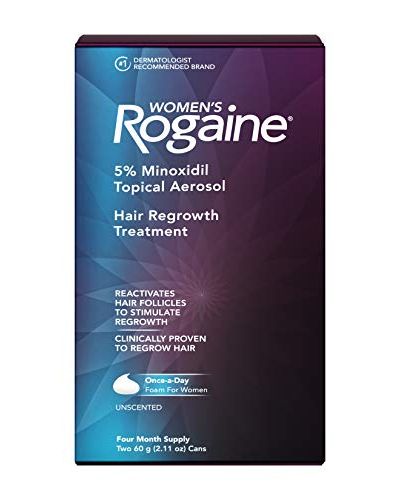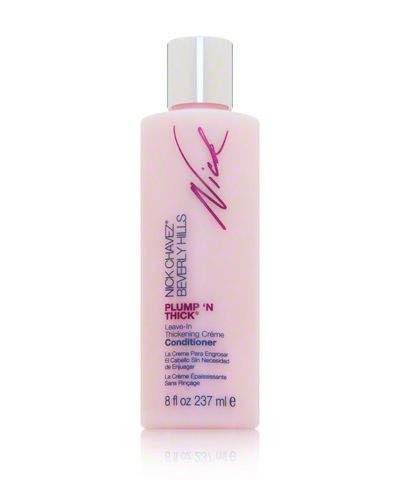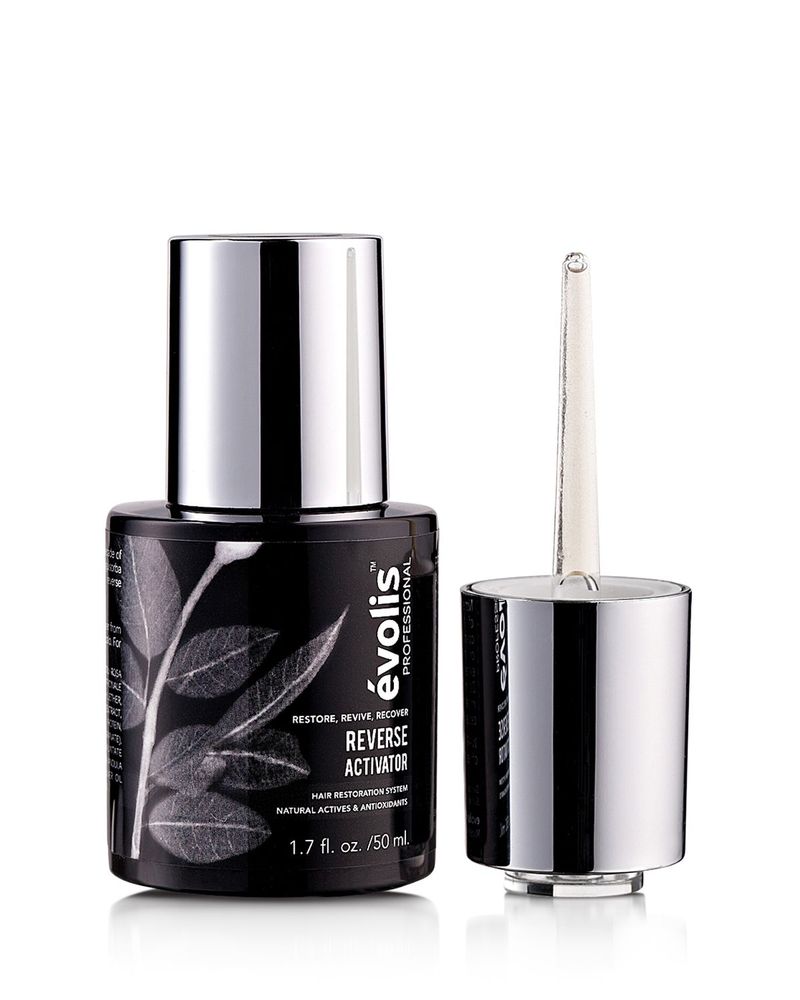Best Hair Loss Treatments for Women: How to Deal With Thinning Hair
Straight from the experts.
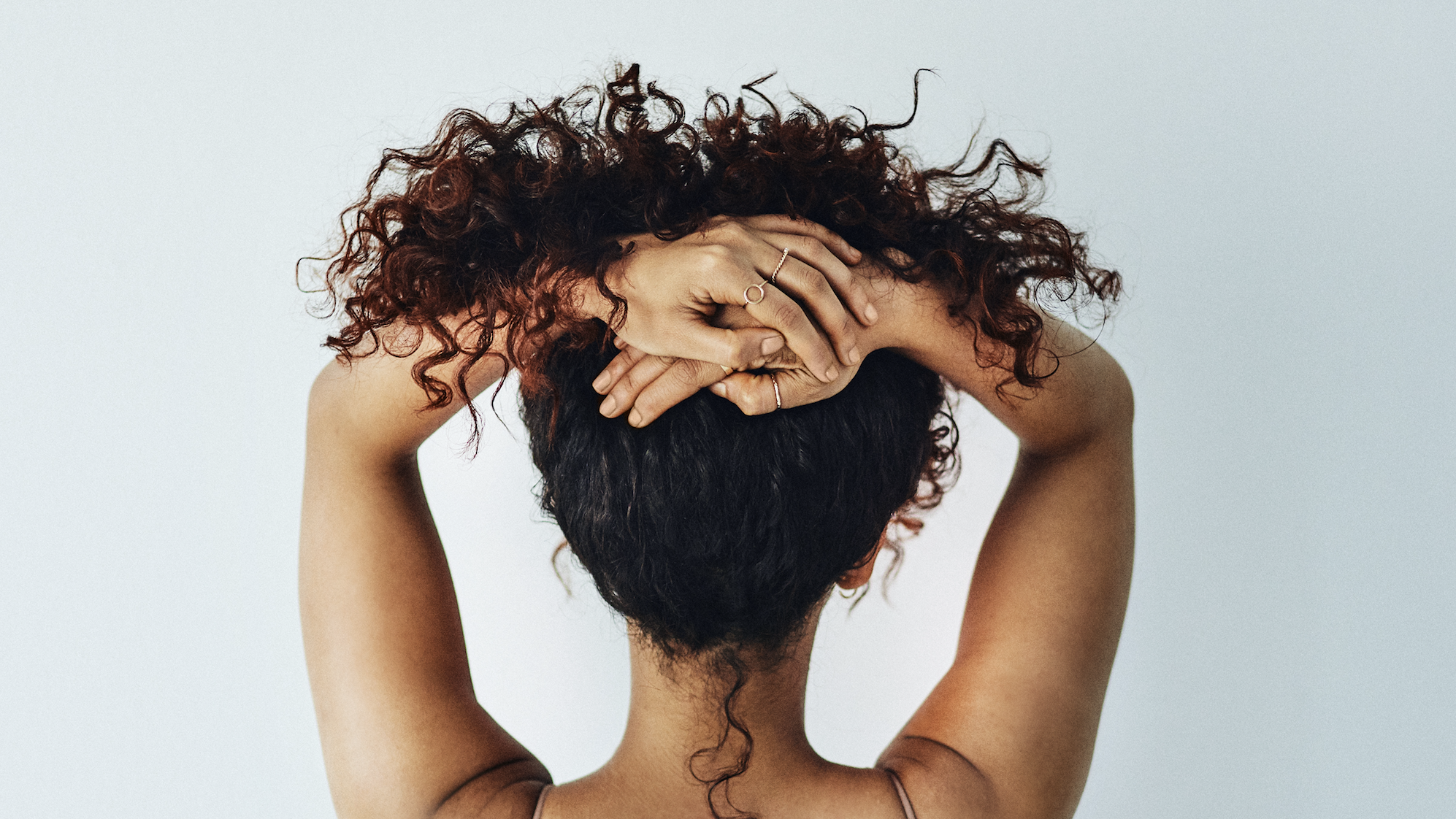
In my youth, stylists would always tell me, "Wow, you've got a lot of hair." So much so that I took my lush mane for granted—perming, straightening, and bleaching my way through my teens. But everything changed during my sophomore year of college; I found myself pulling more and more tangles out of my brush and strands from the shower drain. The compliments stopped and the worry began. I jealously examined the girl next to me on the subway. Why couldn't I see through to the roots on her scalp, too?
And once a lustrous dark curtain, my hair had taken on an alarming transparent quality. I spent hours staring at my scalp in the mirror, parting and re-parting my hair to see which side looked fuller. I drenched my head with volumizing sprays, detoxifying tonics, and shampoos for "weakened hair." Remedies were thick on the ground—but my hair kept getting thinner. I was molting. And I was scared.
Like a peacock's brilliant feathers, hair is a secondary sexual characteristic, explains London trichologist Dr. Philip Kingsley. "You don't need it to keep you either warm or cool, so its primary function is to increase attractiveness."
So closely linked are sex appeal and self-esteem that a 2004 Rogaine survey of more than 500 women across the U.S. revealed that 24 percent equated losing their hair to losing a limb. Since 30 million women in America—roughly one in four—have thinning hair, there's a serious portion of the population at risk for an emotional crisis.
When I eventually brought up my hair issue at an annual physical, my doctor tested me for lupus. But the tests came back negative. *Then* I was told that since I wasn't completely bald, I really didn't have a problem. So I began to wonder if it was all in my head. When my boyfriend ran his fingers through my hair, all I could think of was whether I was losing strands. Did this gross him out? Or more importantly, was a lot coming out?
Needless to say, that relationship didn't last long, as I began to lose my sense of trust and self-confidence that he could find me attractive in this condition. I didn't dare ask my friends for a second opinion, because I didn't want them to scrutinize my scalp. After another frustrating physical (with no answers), I consulted my dermatologist. Instead of dismissing my concerns as mere vanity, he immediately wrote up requests for endocrine blood tests, which prompted my general practitioner to finally cave and grant me a specialist referral.
What Causes Thinning Hair?
Here's what I gleaned from my blood tests and research into hair loss at-large. Many things can causes hair shedding—as any cursory WebMD search can tell you, from stress to chemotherapy–but 90 percent of hair loss is genetic and needs to be treated with medication. It can also be a sign of a thyroid disorder, says endocrinologist, Dr. Emilia Liao, who diagnosed me with mild hypothyroidism.
"It's a good thing you came in when you did," she told me on my first visit. "It gets more complicated, and possibly dangerous, the older you get, especially if you want to have a baby." Apparently, hair loss during pregnancy is a big red flag. "One out of 50 women is diagnosed with hypothyroidism while pregnant. It's still the most common cause of mental retardation in children," says Liao. And the idea that thinning hair is simply a symptom of menopause is a myth: The average age for women dealing with thinning hair is 25 to 35.
The blame can't be blamed solely on your hair care habits, either—if there's baldness anywhere in your family tree, you're at risk. Unlike male-pattern baldness, though, where patches of hair fall out over time, female hair loss means a reduction in hair volume, making transplantation extremely difficult. "The total number of hairs doesn't always decrease, but the diameter of each strand shrinks," says Kingsley. And too-thin hairs won't grow past a certain length—which explains the baby fuzz around my hairline.
Can I Treat Thinning Hair?
If any of the above scares you because you recognize the symptoms, don't fret. The key to successful regrowth? First, admit you have a problem. Each day you dwell in denial, you're losing precious time. The more hair you've lost, the less likely it is to all grow back. Telltale signs, like a wider part or a smaller ponytail, don't show up until you've lost nearly half your hair! Seek out trichologists and dermatologists or endocrinologists who specialize in hair problems. (A good place to start is the American Hair Loss Association.)
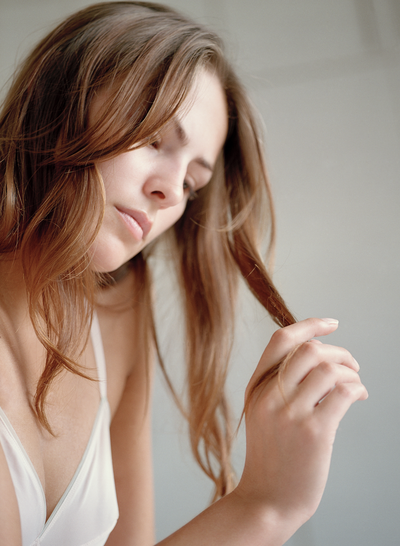
Last summer, I started visiting the Philip Kingsley hair clinic in New York City every week to strengthen the fragile wisps that were sprouting up along my hairline as a result of my prescription treatments. There, I learned that physical as well as emotional stress can cause temporary thinning and make genetic hair loss worse. Consider it something like a domino effect.
Hair loss has a direct impact on psyche and morale, says Kingsley, who coined the phrase "bad hair day" 40 years ago. 34-year-old breast-cancer survivor Courtney Hagen found this out the hard way. She revealed to me that when she heard her diagnosis, her first fears were for her golden locks: "I had a double mastectomy, but I was more traumatized about losing my hair."
As for me, thanks to two years of regular treatment, I've finally reached the phase where my regrowth is thicker every day. But the process has been arduous and pricey: Rogaine requires diligent use and $40ish a month for the rest of my life. And some of my hormone-regulating prescriptions that I credit most for my good results—like Avodart, that cost upwards of $200 a month—are not covered because if you take them while pregnant, they can harm the fetus's development. But I continue with my regimen because, for me, the risk is worth the remedy—I'm not planning on pregnancy for a long, long time anyway. I also figure it'll be a lot easier to find a potential father with a full head of hair.
Stay In The Know
Get exclusive access to fashion and beauty trends, hot-off-the-press celebrity news, and more.
-
 This Away Bag Has Officially Replaced My Roller Carry-On
This Away Bag Has Officially Replaced My Roller Carry-OnI take it on every trip I can.
By Halie LeSavage
-
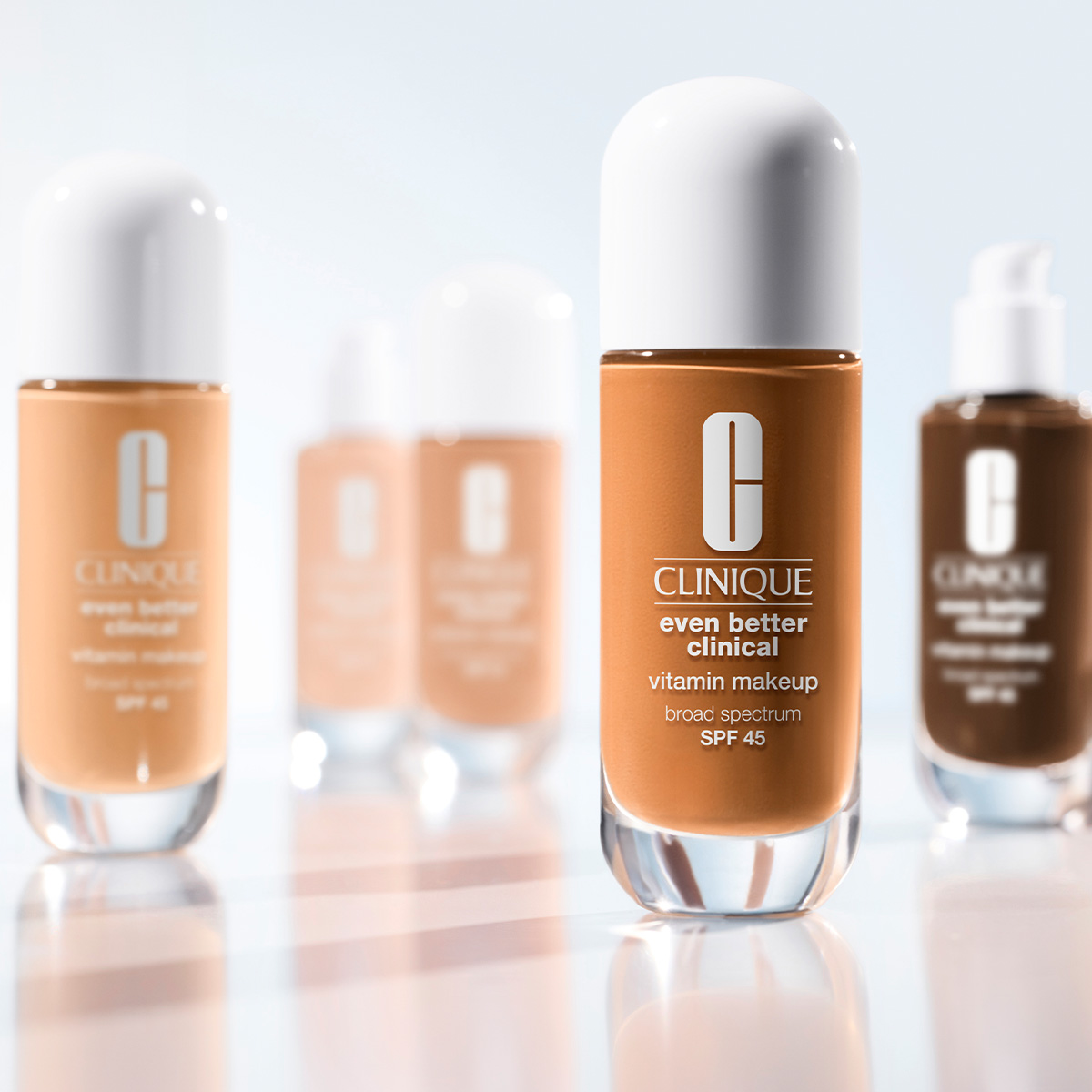 Meet the Lightweight, SPF Foundation You'll Actually Want to Wear This Summer
Meet the Lightweight, SPF Foundation You'll Actually Want to Wear This SummerIt checks every single box.
By Aniyah Morinia
-
 Demi Moore Proves Her Style Icon Status in a Custom Gap Gown
Demi Moore Proves Her Style Icon Status in a Custom Gap GownShe's a champion of affordable luxury.
By Lauren Tappan
-
 Blunt Bangs Are Back and Kerry Washington-Approved
Blunt Bangs Are Back and Kerry Washington-ApprovedThe cut seen 'round the internet.
By Ariel Baker
-
 This Sleek Bun Proves Demi Lovato Is the Queen of Snatched
This Sleek Bun Proves Demi Lovato Is the Queen of SnatchedThis slicked-back bun is the stuff of legends.
By Ariel Baker
-
 Only Miley Cyrus Can Make a Micro Bang and Wolf Cut Mashup Look This Cool
Only Miley Cyrus Can Make a Micro Bang and Wolf Cut Mashup Look This CoolAnd pull it off.
By Ariel Baker
-
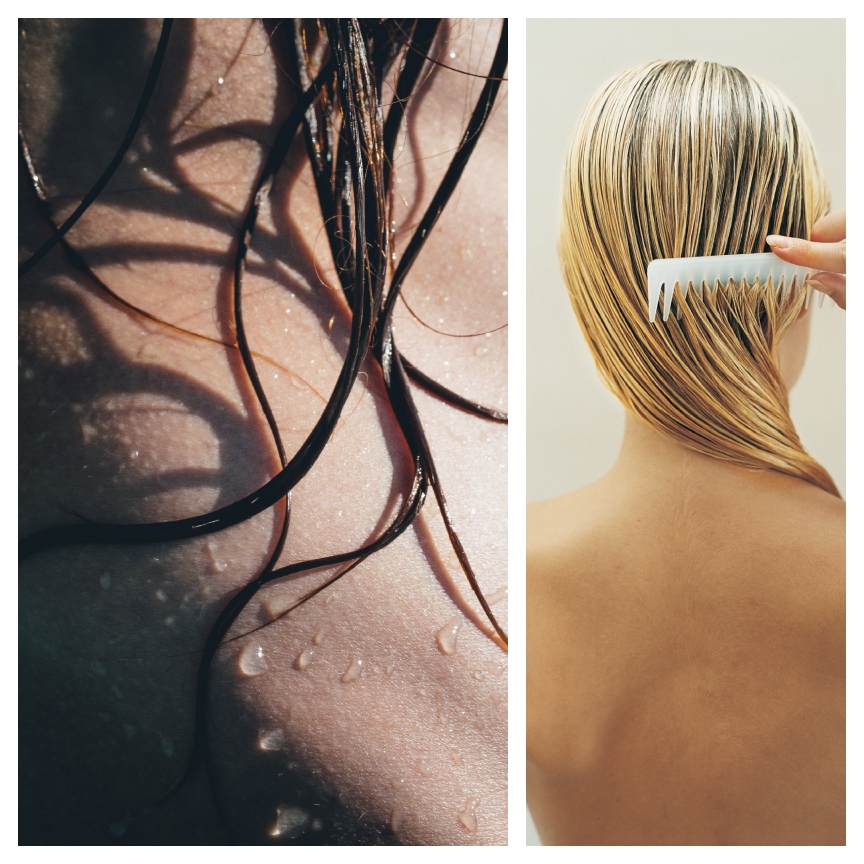 Is It Unprofessional to Show Up to a Meeting with Wet Hair?
Is It Unprofessional to Show Up to a Meeting with Wet Hair?Let's discuss.
By Hannah Baxter
-
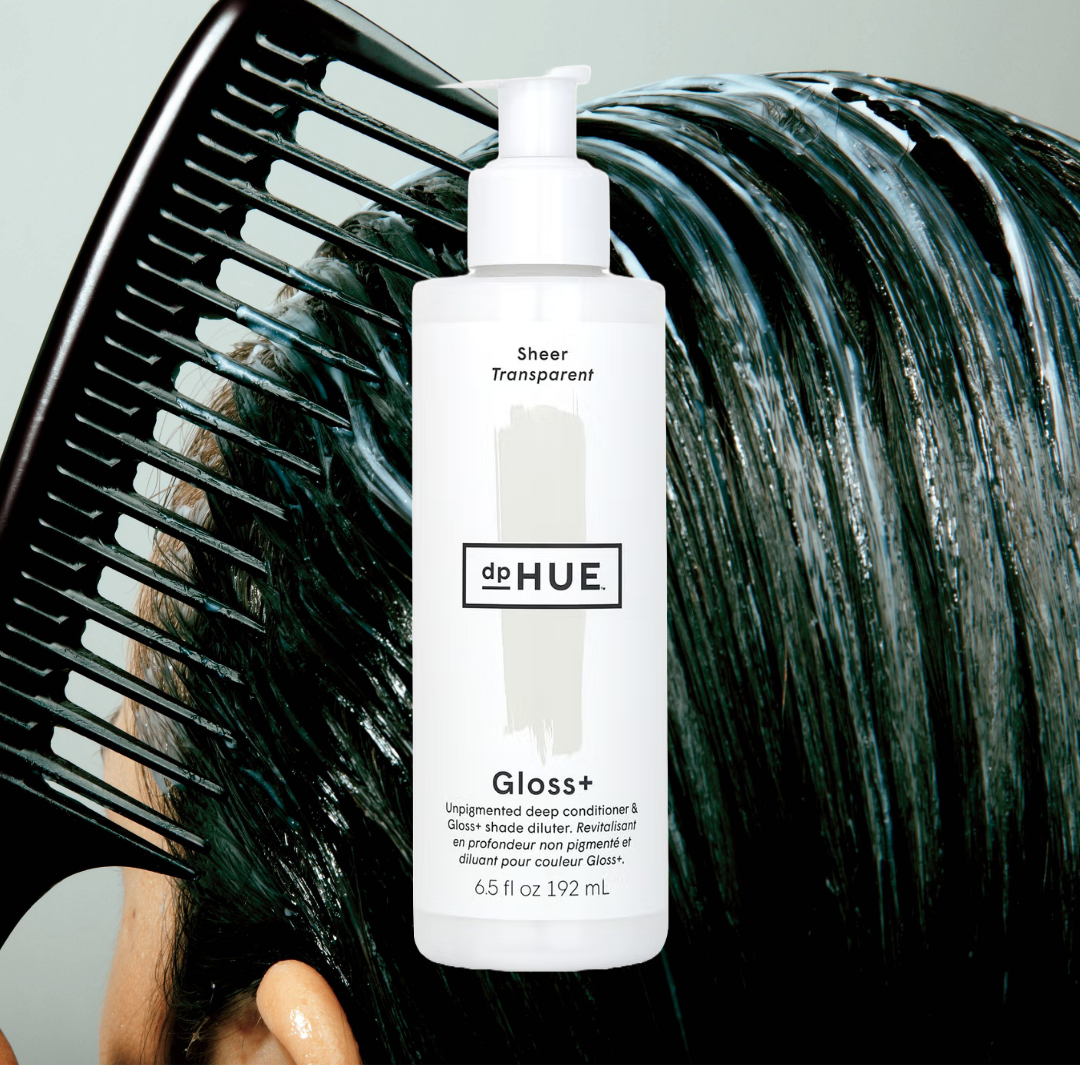 This Cult-Favorite $38 dpHUE Hair Gloss Made My Split Ends Disappear
This Cult-Favorite $38 dpHUE Hair Gloss Made My Split Ends DisappearBeauty miracles happen.
By Julia Marzovilla
-
 We Can't Stop Obsessing Over Anne Hathaway's AI-Inspired Front Row Ponytail
We Can't Stop Obsessing Over Anne Hathaway's AI-Inspired Front Row PonytailThe AI-inspired ponytail was front and center at the Ralph Lauren show.
By Ariel Baker
-
 It’s Official: Paige Bueckers Has Found Her Signature Hair Color
It’s Official: Paige Bueckers Has Found Her Signature Hair ColorThe basketball star stopped by 'Good Morning America' and I simply can’t stop staring at her color.
By Ariel Baker
-
 That Root Touch-Up Can Wait—Kathy Bates' Gray Hair Proves It
That Root Touch-Up Can Wait—Kathy Bates' Gray Hair Proves ItOne look at her new style and you'll be canceling your root touch-up pronto.
By Ariel Baker
